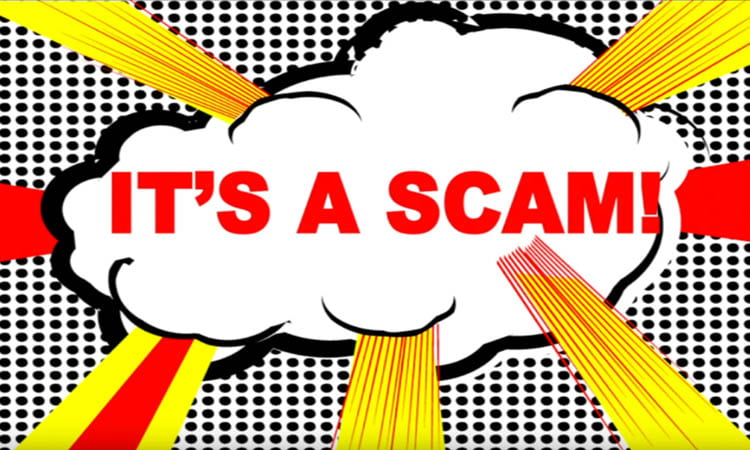The USC Department of Public Safety has received reports from students, many of whom are international students, who were deceived into giving money to impostors posing as law enforcement officials or representatives of agencies such as the Social Security Administration, IRS, U.S. Customs, Citizenship and Immigration Services and Department of Homeland Security. Some impostors or “scammers” represent themselves as a government official from an international student’s home country.
Last year alone, USC students reported being victims to these scams with a combined total loss of close to $500,000. Don’t become the victim of a scam! Please carefully read the following information.
TIPS TO AVOID SCAMS
Phone Calls and Emails
Never provide personal information or money to anyone who has contacted you by phone, email or social media claiming you have violated your immigration status or owe taxes and must transfer money through Western Union (or other companies), or purchase gift cards, in order to straighten out your immigration status. In many cases, callers will use a technique to mask their true caller ID with another government listed phone number or number of a private institution like a bank. If you are unsure about who is calling, tell the individual that you are busy and write down the caller’s name and phone number. If the caller refuses, hang up. Government agencies do not request payment over the phone.
In-Person Encounters
Avoid making cash transactions with strangers. Most scams occur when a stranger approach you with either a sad story or a business offer. These individuals seek to gain money from you in exchange for something that may not be true. Some scammers will ask for payment in the form of wire transfers or gift cards. If you do not know the person requesting a cash transaction, DPS recommends that you ask the person to meet with you at the DPS station to make the transaction.
If you are contacted by a scammer, do not reveal any personal information. Ask for the individual’s contact information and report the incident immediately to DPS and/or your local law enforcement agency.
Tax Scams
Do not fall victim to scammers who call and say they are with the IRS. An increasing number of phone scams have occurred in which people will call and threaten you with police arrest and/or deportation if you do not pay them.
Please be advised, even if you do owe taxes:
- The IRS will never call to demand immediate payment over the phone.
- The IRS will never threaten or intimidate you, demand payment with a prepaid debit card, or ask for your credit card or debit card number over the phone.
- The IRS will never threaten to call the police or immigration agents if you do not pay.
If you or a fellow student receive a call like this, report it to the Treasury Inspector General for Tax Administration online, or by calling 800-366-4484. Also, report it online to the Federal Trade Commission.
Extortion Scams
Scammers contact students via various online social media and chat platforms. They deceive students into believing they are entering into a consensual online sexual encounter and secretly record them. They then threaten to make the video public unless the student sends the individual a substantial sum of money via Western Union or MoneyGram. This is a criminal act known as extortion, and it is a serious crime. These scams can be avoided by not responding to friend requests from strangers. In addition, never send strangers money or share your credit card information.
If you have been the victim of this type of crime, USC encourages you to report the crime to DPS by calling (213) 740-6000, or to the Los Angeles Police Department by calling (877) 275-5273.
WHAT TO DO IF YOU BELIEVE YOU HAVE BEEN DECEIVED
If you believe that you are a victim of theft due to trick and deception, please notify DPS at:
- University Park Campus (213) 740-6000
- Health Sciences campus (323) 442-1200
If you are in immediate danger, call the LAPD at 911 or DPS at (213) 740-4321 for UPC or (323) 442-1000 for HSC.
If you have any questions regarding this advisory, please contact the DPS Community Relations Office at (213) 821-6690.
